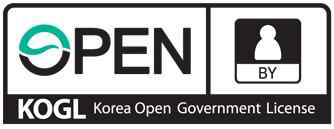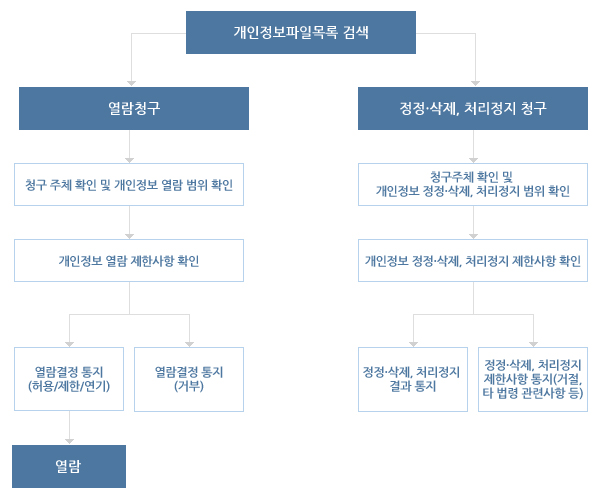Recently Passed Bills
- Bill
- [Summary] Amendment to the School Health Act
- PROPOSED BY
- 11 Assembly Members including Rep. Jo Seoung-lae
- PROPOSITION DATE
- 2020-06-05
- COMMITTEE
- Education Committee
- RESOLUTION DATE OF PLENARY SESSION
- 2020-09-24
- EFFECTIVE DATE
- upon promulgation
- Bill
- [Summary] Amendment to the School Health Act
- PROPOSED BY
- 11 Assembly Members including Rep. Jo Seoung-lae
- PROPOSITION DATE
- 2020-06-05
- COMMITTEE
- Education Committee
- RESOLUTION DATE OF PLENARY SESSION
- 2020-09-24
- EFFECTIVE DATE
- upon promulgation
<Purpose of the bill>
As the coronavirus pandemic endures over a prolonged period, it has been suggested that students, teachers, and school staff who enter the Republic of Korea from a foreign country where an infectious disease is spreading need to be prevented from going to school in order to prevent possible transmission of the disease within the school.
The existing School Health Act stipulates that the head of a school may order students, teachers, or staff to temporarily not come to school if they have been diagnosed with, or are suspected of having, an infectious disease by a doctor. The provision, however, only prevents transmission by confirmed or suspected patients, and does not completely eliminate the risk of allowing asymptomatic people carrying a pathogen to enter the ROK and come to the school.
Against this backdrop, this bill seeks to amend the School Health Act to lay out criteria by which school heads can direct students, teachers, and school staff to not come to the school when a crisis alert at the Caution level or higher has been issued in accordance with Article 38 (2) of the Framework Act on the Management of Disasters and Safety; to establish the legal grounds for verifying and processing the personal information of students, teachers, and staff who are subject to suspension of attendance; and to elaborate upon an existing provision ordering temporary school closure and suspension of classes.
<Highlights of the bill>
Article 2, subparagraph 3
The terms used in this Act are defined as follows:
1 and 2. (same as now);
3. (newly inserted) The term “relevant office” means a directing and/or supervisory office as categorized in the following:
(a) For national kindergartens as per subparagraph 1 of Article 7 of the Early Childhood Education Act, and national schools as per subparagraph 1 of Article 3 of the Elementary and Secondary Education Act: the minister of education;
(b) For public and private kindergartens as per subparagraphs 2 and 3 of Article 7 of the Early Childhood Education Act, and public and private schools as per subparagraphs 2 and 3 of Article 3 of the Elementary and Secondary Education Act: a superintendent of education;
(c) For schools as per Article 2 of the Higher Education Act: the minister of education.
Article 8 (2) and (3), newly inserted
(2) In cases in which a crisis alert at the Caution level or higher has been issued in accordance with Article 38 (2) of the Framework Act on the Management of Disasters and Safety, the minister of education may order, in consultation with the commissioner of the Korea Disease Control Agency (KDCA), the heads of schools to direct students, teachers, and/or staff who fall under any of the following subparagraphs to temporarily not come to the school. In such an event, the minister’s order shall be delivered to the schools through each relevant office:
1. A person who sojourned or stopped over in an area with a mandatory quarantine inspection, or an area with mandatory strict quarantine inspection, as per subparagraphs 7 and 8 of Article 2 of the Quarantine Act, and is suspected of having an infectious disease;
2. A person who resides in or has visited a place where an infectious disease has broken out and is suspected of having an infectious disease;
3. A family member or a roommate of a person who is quarantined at home or in a facility in accordance with subparagraph 1 of Article 42 (2) of the Infections Disease Control and Prevention Act;
4. Others who need to be temporarily suspended from going to the school, in order to combat an infectious disease and prevent its spread within the school.
(3) The head of a school that has received an order as per paragraph (2) shall immediately direct such students, teachers, and/or staff to not come to the school.
Article 8-2, newly inserted
The minister of education, the heads of relevant central administrative agencies (including their subordinate organizations), superintendents of education, and heads of schools may process individuals’ personal information as per Article 24 of the Personal Information Protection Act, when it is necessary to direct the suspension of attendance as prescribed in Article 8 (2) of this Act. In such an event, matters pertaining to personal information protection shall comply with relevant provisions of the Personal Information Protection Act.
Article 14
(1) If necessary for the prevention of infectious disease and for the health of the school community, the head of a school may suspend classes in the school.
(2) If necessary for the prevention of infectious disease and for the health of the school community, a relevant office may issue an order falling under any of the following subparagraphs: Provided, that the minister of education may delegate his or her authority to issue such an order to a superintendent of education in cases in which the school falls under item (a) of subparagraph 3 of Article 2 of this Act:
1. Suspension of classes for a specific grade(s) or an entire school, or adjustment of the number of school days for which attendance is required;
2. Closure of the school.
(3) Notwithstanding paragraphs (1) and (2) above, in cases in which a crisis alert at the Caution level or higher has been issued in accordance with Article 38 (2) of the Framework Act on the Management of Disasters and Safety, the head of a school shall obtain consent from a relevant office, and a superintendent of education shall obtain consent from the minister of education, when they are to undertake an action as prescribed in any of the paragraphs (1) and (2).


